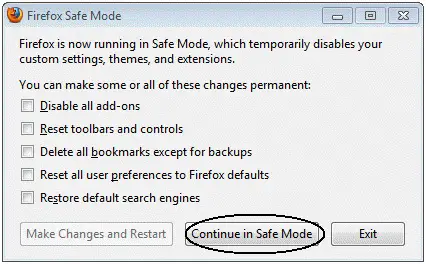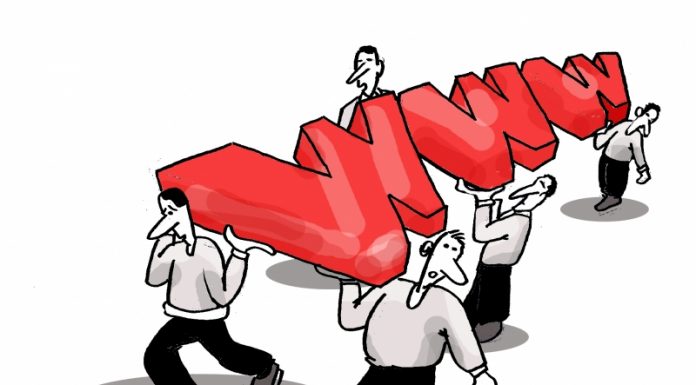Privacy Bill of Rights: Power to Web Users
Following on from my recent blog on Internet Privacy: Are you being watched? comes President Obama’s Consumer Privacy Bill of Rights. It seeks to empower internet users to protect their personal data and control what data companies can collect and share with each other.
There is a growing need to put a stop to the information that companies share with regard to your personal information. Nowadays, it is shocking to see advertisements that are sent directly to you, which seem to have prior knowledge of your tastes and preferences. What is not strange though, is the social networking sites which automatically inform you of a certain friend you have in your email account who just happens to use the same social network. Information you have shared with one company is no longer a secret. Organizations seem to have a mutual interest in whatever personal information you provide. There have also been reports of companies having the ability to track your location and your movements through your internet activity. Others store all the information about every single website you have ever visited and even the website you went to recently.

Why are these companies keeping this kind of information? Most of them seem to know more about you than your closest friend. How did they know I like a particular car? Why does this advertisement promote exactly what I was thinking about recently? Most importantly, is this information safe in these companies’ hands’?
Companies say they use this personal information to tailor make their services according to the customers’ needs. What they tend to leave out – but which is common knowledge – is the fact that most of a company’s revenue comes from advertising. What is the best way to ensure that they advertise to the right people, than to have insider information of consumers’ tastes and preferences? But what about tracking? What is the purpose?
Most users will accept that we live in an ever-changing world. We are required to submit personal information, contact information, self-portraits, identification cards and many other documents that might not even seem necessary. We might argue that we have to do this because we live in a world with unscrupulous inpiduals and there is a need for security. However, how can companies not be held responsible for exposing us to security risks by sharing our information to other companies that might not have the same level of security in handling personal information?
This is where the Consumer Privacy Bill of Rights will come into play. Many technological companies like Google have already come forward to sign an agreement called ‘Do not Track’. Browsers such as Mozilla already have an application that blocks tracking. Antivirus software also plays a role in blocking unwanted tracking cookies when you are on the internet. Hopefully, this bill will help bring all the stakeholders together to establish a way forward, and ensure that our safety on the internet is enhanced.

















